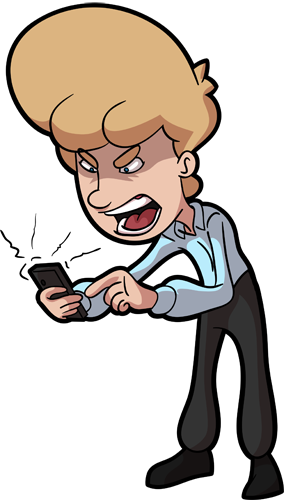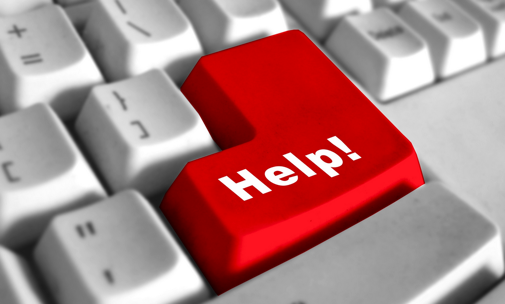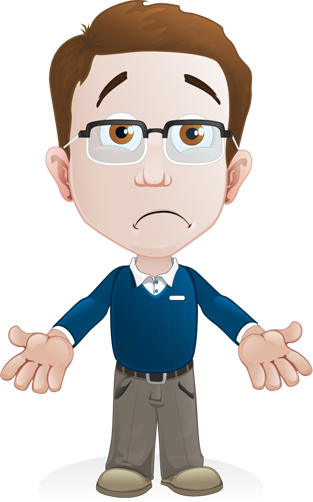Mental Health | Cyber-bullying Intensifies Psych Symptoms in Teens

 Mental Health | Adolescent psychiatric inpatients who were cyberbullied had significantly higher scores….
Mental Health | Adolescent psychiatric inpatients who were cyberbullied had significantly higher scores….
….. on post-traumatic stress disorder (PTSD), depression, anger, and fantasy dissociation scales than their hospitalized peers who were not cyberbullied, according to a study published in The Journal of Clinical Psychiatry.
“Even against a backdrop of emotional challenges in the kids we studied, we noted cyberbullying had an adverse impact,” said study coauthor Philip D. Harvey, PhD, professor of psychiatry and behavioral sciences at the University of Miami Miller School of Medicine, Florida. “It's real and should be assessed.”
The study included 50 patients aged 13 through 17 years who were receiving inpatient care at a psychiatric hospital in Westchester County, New York. Each participant completed a survey on cyberbullying and a pair of surveys that assessed childhood trauma.
In all, 20% of the teenagers reported experiencing cyberbullying, according to the study. Half were bullied via text and half had been bullied through Facebook. The severity of PTSD, depression, anger, and fantasy dissociation symptoms were significantly higher among participants who were cyberbullied, compared with those who were not.
 The study also found that adolescents with a history of emotional abuse were more likely to be victims of cyberbullying. Consequently, Dr. Harvey suggested adolescents who report experiencing cyberbullying should be assessed for childhood trauma—and that adolescents who have experienced emotional abuse should be assessed for cyberbullying.
The study also found that adolescents with a history of emotional abuse were more likely to be victims of cyberbullying. Consequently, Dr. Harvey suggested adolescents who report experiencing cyberbullying should be assessed for childhood trauma—and that adolescents who have experienced emotional abuse should be assessed for cyberbullying.- If cyberbullying is an issue, teens, their parents, and their mental health providers can act to discourage it, Dr. Harvey said.
“It's not hard to block someone on the Internet, whether it’s texting, Facebook, Twitter, or sending pictures,” he said. “Ask why are people choosing you to bully? If it’s something you’re posting, assess that and make a change.”


